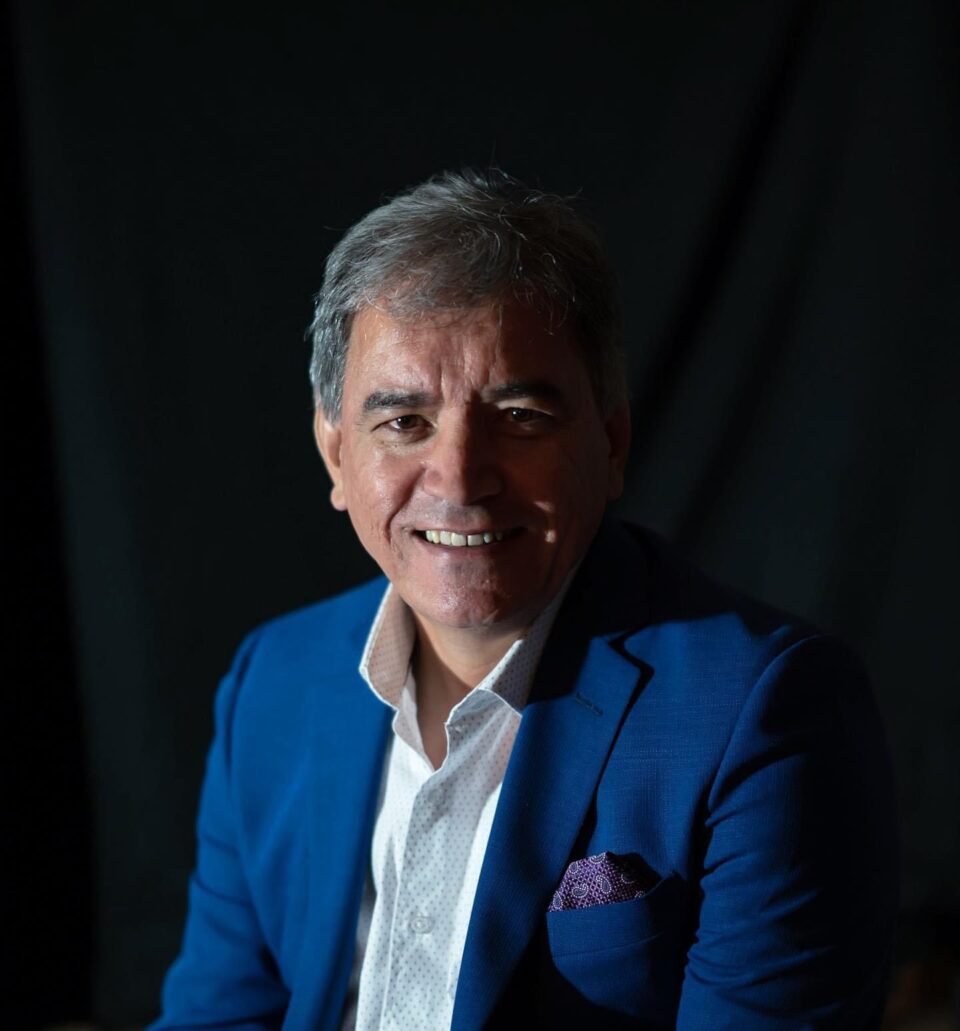Adnan Karim is one of the most celebrated Kurdish musicians in Kurdistan. Born in 1963 in Kirkuk, an oil-rich and historic town in the Kurdistan region of Iraq, Karim grew up in a low-income family. Despite their financial constraints, his parents were committed to providing their children with a good education and a comfortable life.
The family’s life took a turn when they had to evacuate from Sulaimanya, a key birthplace of Kurdish nationalism, due to political tensions with the Iraqi government. It was in Sulaimanya that Adnan continued his education and obtained a degree in the arts.
During his early adolescence, Adnan developed a deep passion for traditional Kurdish music and storytelling, influenced by the culturally vibrant environment in which he was raised. He was particularly inspired by well-known touring bands, celebrated for their exceptional musicianship and engaging renditions of ballads and folk songs at various performances.
Adnan’s first significant public performance took place in 1979, marking the beginning of his journey in discovering his musical talents. This debut propelled him into the spotlight, allowing both Kurds and international music enthusiasts to appreciate his work. His music is admired for its authenticity and its faithful representation of indigenous Kurdish tones. The well-tuned instrumental sounds in his songs evoke a profound and emotional response, with his deep and soothing voice, supported by Eastern instruments with roots in Kurdish tradition, uplifting listeners on a spiritual level.
In 1992, Adnan Karim relocated to Sweden, where he continued his musical and artistic pursuits. He enjoys incorporating various instruments with distinct sounds into his performances and writes all of his own music, often performing it with his own ensemble. In 2000, he performed at the prestigious Stockholm concert venue, receiving widespread acclaim and enthusiasm. Over the course of his career, he has produced a number of notable works, including Sha We Yalda (Long Night) in 1996, Farewell in 1999, Whisper of the Wind and The Party, both in 2002, Waterfall of Love in 2005, Tonight in 2006, Fayee in 2010, Khatoon in 2011, and The Pink Cup in 2012.

